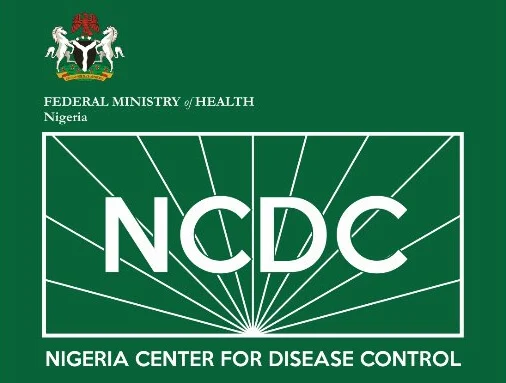Nigeria Centre for Disease Control and Prevention (NCDC) has said that 4,726 suspected cases of Lassa fever, 776 confirmed cases and 142 deaths have been recorded in 27 states, across 123 local government areas in the country.
Edo, Bauchi, Taraba, Ondo and Benue are the hot spots and account for 81 percent of the cases.
The director-general of NCDC, Dr. Jide Idris, disclosed this in Abuja, during the launch of his roadmap for health security in the country.
The DG also said that NCDC was responding to other outbreaks including meningitis, with 2,172 cases and 202 deaths in 22 states across 96 local governments, while identifying Yobe, Gombe, Jigawa and Bauchi as hot spots for meningitis.
“For Lassa fever, unfortunately we are still recording many suspected cases. So far, at the end of the 11th week, 2024, we got 4726 cases with 142 deaths, all occurring in 27 states and 123 local governments.
“More importantly, there are key hotspots: Ondo, Edo, Bauchi Taraba and Benue. Those five states are contributing 81 percent of the cases.
“For meningitis, we have 2,172 cases and 202 deaths in 22 states and 96 local governments. Yobe, Gombe Jigawa and Bauchi are the hotspots for meningitis,” he explained.
Meanwhile, the DG expressed the NCDC’s commitment to safeguarding the health of Nigerians, saying that the centre remains optimistic about the successful implementation of its roadmap, which aims to bolster Nigeria’s public health infrastructure and enhance its ability to respond to current and future health threats effectively.
He said the NCDC has established emergency operations centers (EOCs) for Lassa fever and cerebrospinal meningitis, adding that national rapid response teams have been deployed to affected states.
Idris also said that the centre was collaborating with the National Primary Health Care Development Agency (NPHCDA) for meningitis vaccination campaigns.
He, however, stressed the need for preventive measures such as hand washing and vaccination, noting that the measures are crucial in mitigating the impact of the meningitis outbreak.
“As Nigeria confronts these multiple disease outbreaks, collaboration between the government, healthcare workers, and the public is paramount in containing and preventing further spread,” he added.





